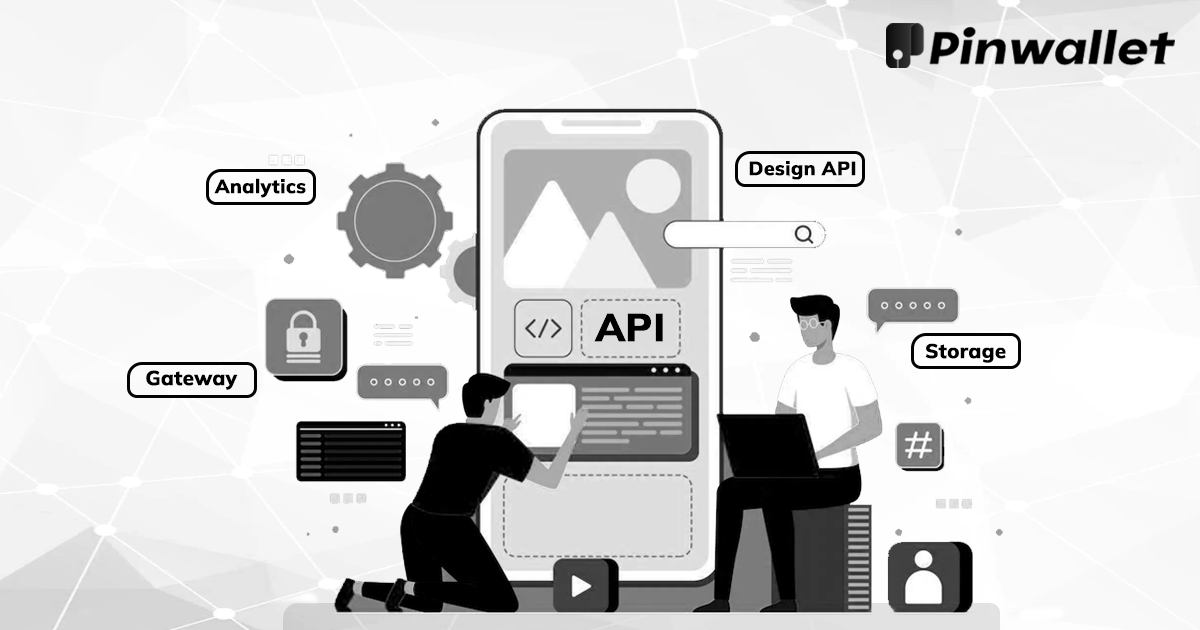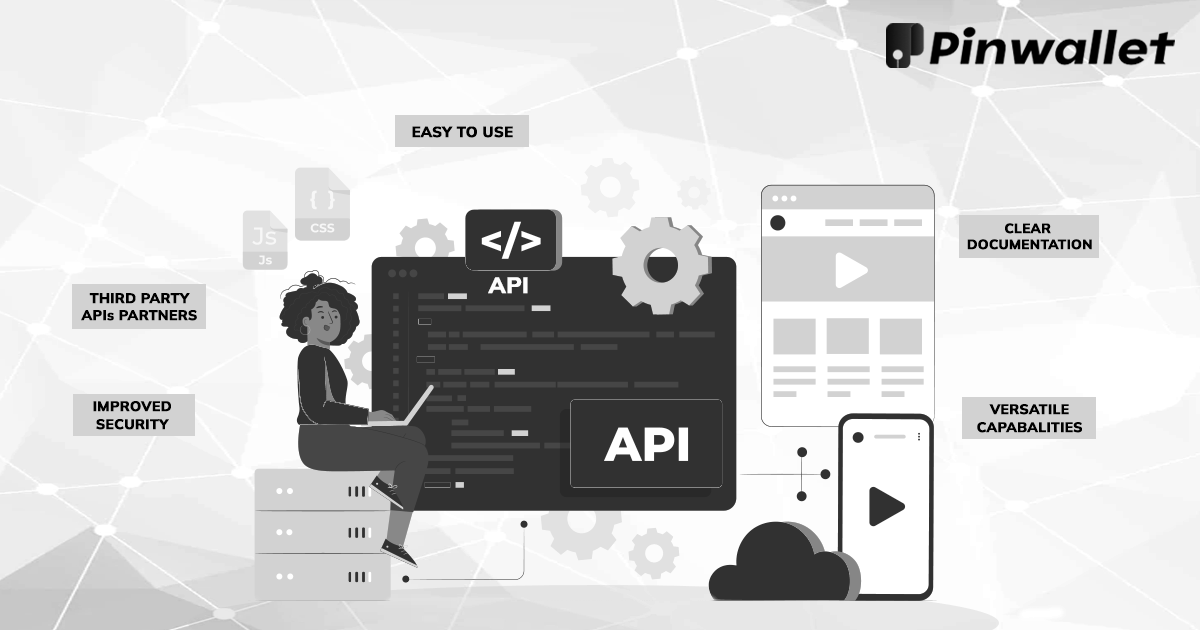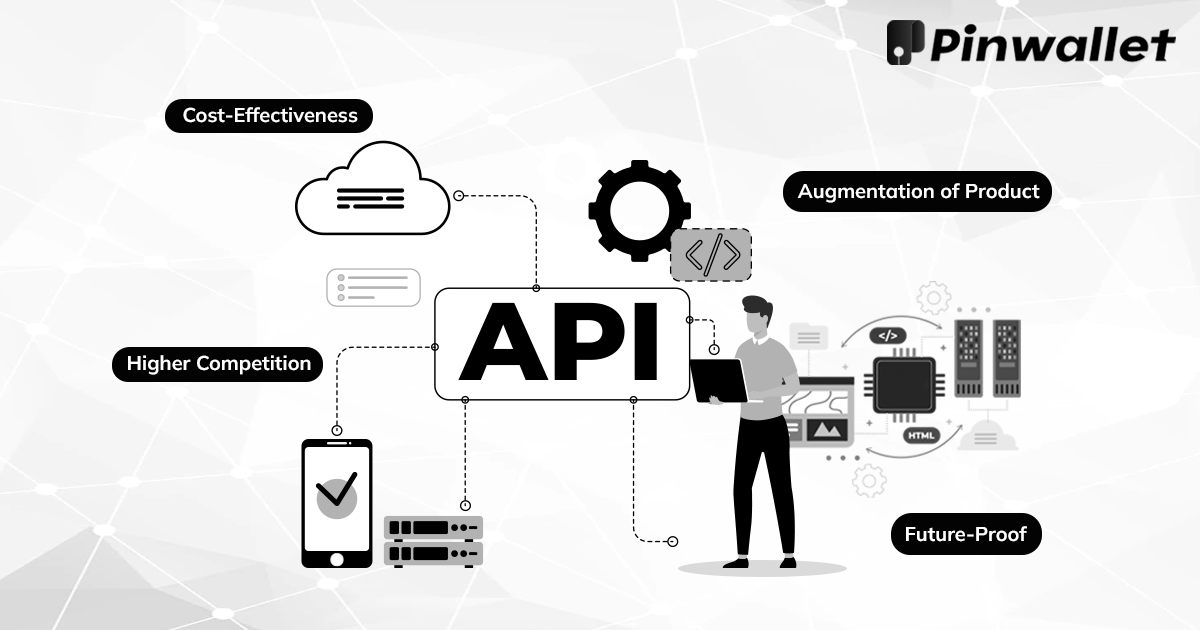Knowing About the Fundamentals of API Management

Publish date: Mar 02, 2023
Check out what is API management, it's specification and why is API management crucial in the modern world. Read factor affecting the APIs management platform.
The application development business has undergone a complete transformation with the rising development of Application Programming Interfaces (APIs), particularly web service APIs. The number of API consumers has increased radically over the past 12 months, according to surveys of CIOs and other business tech leaders, and nearly all of those questioned concur that APIs will play a role in their future strategy. APIs are crucial, and not just for IT departments and development teams. APIs are a critical component of the digital transformation efforts being made by their firm, according to 98% of enterprise leaders. A good API strategy is essential for future revenue and growth, as per 97% of respondents. API management is more crucial than ever because APIs connect web services, convey data, and handle myriad other critical business functions.
This comprehensive introduction to the fundamentals of API administration will teach you what API management is and what the most prosperous businesses are doing right now if you need to know whether your team has the appropriate API strategy.
What is the management of APIs?
Any system that a company uses to supervise the design, development, documentation, and deployment of its APIs is known as API management. Different businesses manage APIs in different ways, but they all take care of fundamental issues like version control, monitoring, documentation, and security. Web services, micro applications, and micro services architecture have dramatically changed how software is developed during the last ten years. Mobile apps and internet services have grown significantly due to these strategies, and they are all supported by the information sharing provided by web service APIs. The importance of reasonable API management solutions has come to light due to this information sharing.
Specifications of API Management Platform
Even though API management platforms come with various functionality, all media should have a few essential elements. The ability to automate and manage API calls and connections should be the first feature to consider. This is the primary purpose of an API platform, so it should be a feature of your choice. However, it would be best if you evaluated how user-friendly the design and production of APIs are. A mechanism for ensuring consistency throughout API implementations and versions is another crucial component. Instead of writing every new project from the start, look for a version control system and the flexibility to reuse existing APIs.
A feature of higher-end management solutions is traffic monitoring and analysis. As determining the stress your APIs place on your systems relies heavily on traffic analysis, be sure the platform of your choice provides it. Some management solutions provide caching and memory management features to boost performance. Again, this is a feature that not all systems have but one that has many advantages. Most enterprises also view load balancing, fault tolerance, and endpoint setting as key performance-related features. Features for backend protection and API security are significant. Using a platform that can guarantee the security of your systems and data will save you a lot of time and worry.
Why is API management crucial in the modern world?
With the help of APIs, customers, suppliers, employees, and other applications can access data, intellectual property, and other assets that belong to a company. Due to the significance of APIs, API management has assumed a specific importance as it governs how firms secure, control, scale, and even monetize their APIs.
Governance of APIs
One of the most crucial aspects of API management is API governance. API governance's primary objective is to give users a consistent experience. Reusing API components, lifecycle management, documentation, and generally sound API discoverability principles work together to create this streamlined experience.
Monetization of API
The function an enterprise API performs in producing income is referred to as API monetization. This might be accomplished by offering specialized service packages for sale, granting licenses for goods and services, or turning data into a product.
Analytics of API
A type of API analytics will be used in the majority of API management strategies. Developers can learn how their APIs are utilized by centrally collecting and analyzing API metrics. Analytics offers a way to evaluate the effectiveness of an API.
Security of API
API security, which specifies how APIs are protected from assaults and unauthorized access, is another essential element of API administration. Compared to the more flexible REST API definition standards, the earlier SOAP web service API standard is frequently perceived as more secure but also more limited. Policies. REST API standards and guidelines are often in line with regulatory requirements and customer specifications and are enforced by API management. API management is often used to oversee traffic to backend systems, typically with an API management platform.
Factors affecting the API Management Platforms
Although there are different types of API management solutions, they all often provide the following essential functions:
Design API
You can easily design, publish, and deploy APIs using an API management system. While you're at it, you can define runtime capabilities, set usage restrictions, provide documentation, record security policies, generate descriptions, and more to ensure that all of your company's APIs have easy access to pertinent information. This frequently includes the capacity to produce JSON for usage with RESTful APIs or XML for SOAP APIs.
Analytics
It makes sense for an API management solution to include reporting and analytics tools because they are both essential and valuable. Using the appropriate platform, you may track usage, load, logs, historical metrics, and other data for all of your APIs. Additionally, it needs to monitor uptime and alert you to issues.
Gateway
The ideal management solution serves as both your API's gatekeeper and an API gateway. This ensures that your APIs and related requests are subject to the appropriate security regulations. Through proper authentication, the software also provides more security.
Storage
Your APIs can be readily stored or cataloged with API management, enabling you to expose them to internal or external stakeholders as necessary. You can also enable monetization and convert the catalog into a marketplace for your business APIs, allowing the users to subscribe to an API, receive help when using it, and more.
This blog consists of thorough information regarding the API management system. Get in touch to find out more about our API solution immediately.



